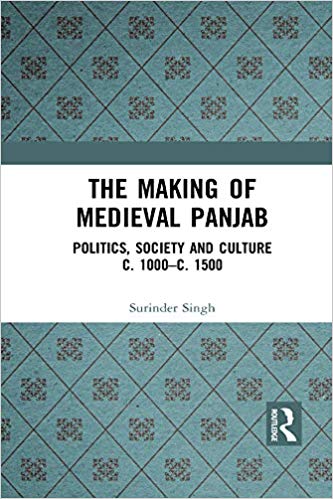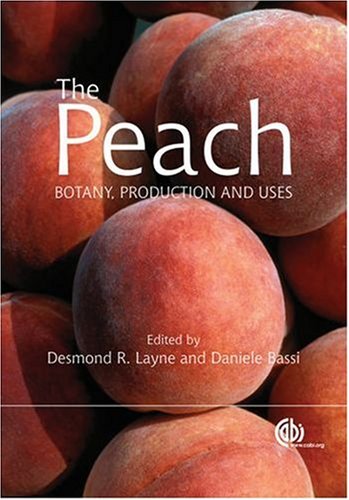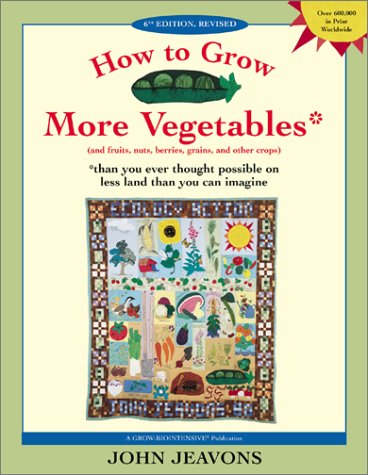This book seeks to reconstruct the past of undivided Panjab during five medieval centuries. It opens with a narrative of the efforts of Turkish warlords to achieve control in the face of tribal resistance, internal dissensions and external invasions. It examines the linkages of the ruling class with Zamindars and Sufis, paving the way for canal irrigation and agrarian expansion, thus strengthening the roots of the state in the region. While focusing on the post-Timur phase, it tries to make sense of the new ways of acquiring political power.
This work uncovers the perpetual attempts of Zamindars to achieve local dominance, particularly in the context of declining presence of the state in the countryside. In this ambitious enterprise, they resorted to the support of their clans, adherence to hallowed customs and recurrent use of violence, all applied through a system of collective and participatory decision-making.
The volume traces the growth of Sufi lineages built on training disciples, writing books, composing poetry and claiming miraculous powers. Besides delving into the relations of the Sufis with the state and different sections of the society, it offers an account of the rituals at a prominent shrine. Paying equal attention to the southeastern region, it deals with engagement of the Sabiris, among other exemplars, with the Islamic spirituality. Inclusive in approach and lucid in expression, the work relies on a wide range of evidence from Persian chronicles, Sufi literature and folklore, some of which have been used for the first time.
Please note: Taylor & Francis does not sell or distribute the Hardback in India, Pakistan, Nepal, Bhutan, Bangladesh and Sri Lanka
چکیده فارسی
این کتاب به دنبال بازسازی گذشته پنجاب تقسیم نشده در طول پنج قرن قرون وسطی است. این با روایتی از تلاش های جنگ سالاران ترک برای دستیابی به کنترل در برابر مقاومت قبیله ای، اختلافات داخلی و تهاجمات خارجی آغاز می شود. پیوندهای طبقه حاکم با زمینداران و صوفیان را بررسی می کند و راه را برای آبیاری کانال و گسترش کشاورزی هموار می کند و در نتیجه ریشه های دولت را در منطقه تقویت می کند. ضمن تمرکز بر مرحله پس از تیمور، سعی میکند راههای جدید کسب قدرت سیاسی را معنا کند.
این اثر تلاش های همیشگی زمینداران برای دستیابی به تسلط محلی، به ویژه در زمینه کاهش حضور دولت در روستاها را آشکار می کند. در این کار بلندپروازانه، آنها به حمایت قبایل خود، پیروی از آداب مقدس و استفاده مکرر از خشونت متوسل شدند که همه از طریق یک سیستم تصمیم گیری جمعی و مشارکتی اعمال می شد.
این جلد رشد دودمان صوفیانه را نشان میدهد که بر پایه تربیت شاگردان، نوشتن کتاب، سرودن شعر و ادعای قدرتهای شگفتانگیز بنا شدهاند. علاوه بر کنکاش در روابط صوفیان با دولت و اقشار مختلف جامعه، گزارشی از مناسک در یک زیارتگاه برجسته ارائه می دهد. با توجه یکسان به منطقه جنوب شرقی به درگیری صابری ها در کنار دیگر نمونه ها با معنویت اسلامی می پردازد. این اثر که در رویکرد جامع و در بیان شفاف است، بر طیف وسیعی از شواهد از وقایع نگاری فارسی، ادبیات صوفیانه و فرهنگ عامه متکی است که برخی از آنها برای اولین بار مورد استفاده قرار گرفته اند.
لطفاً توجه داشته باشید: تیلور و فرانسیس هاردبک را در هند، پاکستان، نپال، بوتان، بنگلادش و سریلانکا نمیفروشد یا توزیع نمیکند.
ادامه ...
بستن ...
Ebook details:
عنوان: The Making of Medieval Panjab: Politics, Society and Culture c. 1000-c. 1500
نویسنده: Surinder Singh
ناشر: Routledge; 1 edition (November 11, 2019)
زبان: English
شابک: 0367437457, 978-0367437459
حجم: 10 Mb
فرمت: TRU pdf
ادامه ...
بستن ...










